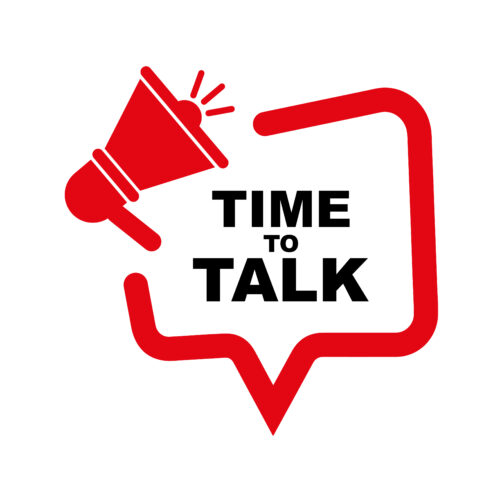
latest
Children’s Mental Health Week 2024 – 1 in 6 children have diagnosable mental health issue
Services have been under-resourced for a long period of time too many children and young people aren’t getting the help they need.

Press release
5th February 2024
1 in 6 children have a diagnosable mental health issue this Children’s Mental Health Week 2024
1 in 6 children have a diagnosable mental health issue, and as services have been under-resourced for a long period of time too many children and young people aren’t getting the help they need.
Evidence shows us that empowering children and young people can have a profoundly positive impact on their health and wellbeing. For example, children and young people who feel that their voices are heard, and that what they say makes a difference, have higher levels of self-efficacy and self-esteem.
This Children’s Mental Health Week, the theme is ‘My Voice Matters’. My Voice Matters is about empowering children and young people by providing them with the tools they need to express themselves. During Children’s Mental Health Week we want all children and young people, whoever they are, and wherever they are in the world, to be able to say – and believe – “My Voice Matters”.
Children’s Mental Health Week is a mental health awareness week, set up by children’s mental health charity Place2Be. This year it takes place between 5th to 11th February and will shine a spotlight on the importance of children and young people’s mental health. The awareness week was launched in 2015 and each year, hundreds of schools, children, parents and carers take part.
Children and young people told Place2Be what they need from their families when talking about their mental health: they don’t necessarily need to have ‘one-off conversations’ – sometimes a chat on a journey or at bedtime is enough; they need to know it’s okay to talk about any and all of their feelings without being interrupted; listen carefully and acknowledge their feelings – it might seem trivial to parents, but it is important to them; playing with pets, a game of their favourite sport or another activity can help make them feel better; try not to compare their experiences with your own when you were a child; sometimes, they don’t need answers or solutions, but just knowing you understand them and that support is there can be enough; opening up about your feelings may help them open up about theirs; sometimes they don’t want to talk, but may approach somebody they trust when they are ready; and sometimes just a hug is all that’s needed.
Every year for the week, free resources are developed to help people participate in the week devoted to children’s mental health. These include assembly guides, group activities, show and tell activities, top tips, fundraising packs and posters.
*ENDS*
